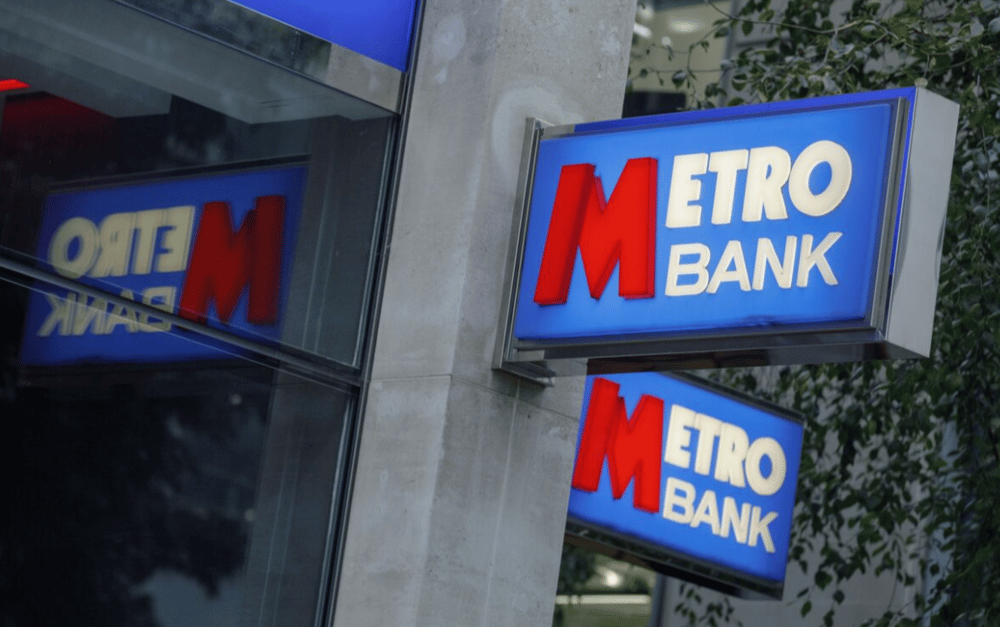In recent times, the global automotive market has come under intense scrutiny from industry experts and financial analysts as discussions about potential sanctions, once associated with former U.S. President Donald Trump’s policies, continue to shape market dynamics. Among the multitude of industry players, Tesla, based in Texas, stands out for its resilience amid uncertainties that could severely impact global vehicle and parts supply chains. Tesla’s ability to maintain growth despite potential tariff hikes and trade restrictions has caught the attention of many observers in the financial sector.
General Trends in the Automotive Sector
For many traditional automakers, new sanction measures represent significant challenges. Companies that rely heavily on international suppliers face risks including increased production costs, disrupted supply chains, and unpredictable financial performance. In contrast, Tesla has adopted a distinctly different approach. By concentrating production domestically and developing its own supply network, Tesla minimizes its dependency on external sources. This strategy not only helps the company circumvent the detrimental effects of sweeping tariff implementations on imported vehicles and auto parts but also solidifies its competitive positioning both in the U.S. and global markets.
Over time, financial indicators suggest that this approach is paying dividends. Tesla’s shares have experienced growth during trading sessions in the U.S., reflecting a market that recognizes the company’s robust internal production model and its capacity to mitigate the adverse effects of sanctions. The impressive performance of Tesla’s stock is largely attributed to its innovative business model and careful management of supply risk, setting a benchmark for resilience in an increasingly volatile economic climate.
Advantages of an Integrated Supply Chain
A major factor behind Tesla’s continued success is the company’s strategic commitment to building an integrated supply chain. Unlike many conventional automakers, Tesla is less reliant on imported parts and instead engineers a significant portion of its components in-house. This self-sufficiency not only reduces vulnerability to external trade barriers but also ensures a higher degree of quality control over its manufacturing processes.
• Localized Component Manufacturing
• Proprietary Logistics Infrastructure
• Centralized Quality Management
• Rapid Response to Market Demand Fluctuations
• Investment in Cutting-Edge Production Technologies
These elements foster a production ecosystem that is robust enough to handle both domestic and global challenges, showcasing Tesla’s ability to innovate and adapt in the face of potential economic restrictions.
Structured Analysis of Sanctions’ Impact on the Auto Industry
Sanctions and similar trade measures tend to hit industry players that depend heavily on international supply networks. For many automakers, such challenges can lead to delays in production, disruptions in parts delivery, and ultimately, increased production costs. Tesla’s model, however, has been strategically designed to circumvent many of these issues.
Leading industry experts have identified several critical aspects that enable Tesla to minimize the impact of potential sanctions:
1. Domestic Production Focus
2. Reduced Dependence on Foreign Suppliers
3. Emphasis on Innovative Technology Advancements
4. Operational Flexibility Amid Changing Market Conditions
5. Stable Financial Performance through Efficient Cost Management
This carefully engineered strategy has allowed Tesla’s stock to perform robustly even when the broader industry faces uncertainty due to trade policy shifts.
Comparative Analysis of Sanctions’ Impact on Industry Players
Many established automakers find themselves at a disadvantage when faced with unexpected trade barriers and sanctions due to their extensive reliance on global parts suppliers. The resulting inconsistencies in the supply chain often lead to production delays and elevated costs, subsequently impacting profitability and market valuation. In stark contrast, Tesla’s business model leverages local production as a strategic asset, offering it both operational stability and the potential to thrive despite external economic pressures.
The resilience displayed by Tesla underscores a broader industry trend where companies that innovate in supply chain management are better positioned to absorb shocks from regulatory changes. In an environment where geopolitical risks continue to introduce uncertainty, strategies that reduce external dependencies become critical in sustaining financial performance and market competitiveness.








Tesla’s resilience in this turmoil truly sets it apart as a leader in the evolving automotive landscape.